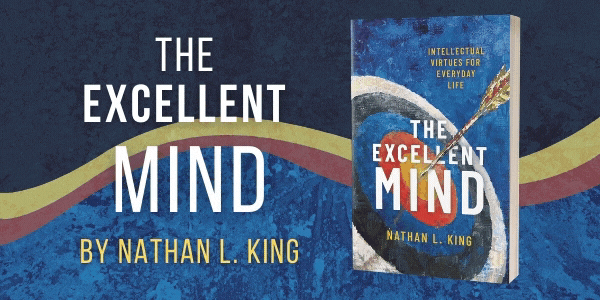Philosophers Among New ACLS Fellows
Four philosophers have been awarded fellowships from the American Council of Learned Societies (ACLS).

They (and their projects) are:
- Renee Jorgensen Bolinger (currently at Princeton; will be at Harvard next year, and then Michigan)
- Rewriting Rights: Making Reasonable Mistakes in a Social Context
When agents make mistakes about whether they received consent, or whether they faced a threat that justified imposing defensive harm, a determination must be made about whether their mistake was reasonable. If it was, the mistake-maker are indemnified; if it wasn’t, they are held responsible. This book demonstrates that it is unjust to approach these determinations as a set of evaluations of individuals. It must instead be a social approach, characterizing what agents owe each other by reference to the norms that best coordinate the activity of the whole network of similarly situated people who aim to avoid making or suffering any mistakes. It develops a social signaling account of an appropriate coordination norm, and articulates the moral constraints that ensure such a norm will distribute the risks and costs of mistakes fairly, providing the content of what agents’ rights require of each other given our actual epistemic limitations.
- Rewriting Rights: Making Reasonable Mistakes in a Social Context
- Georgi Gardiner (Tennessee)
- She Said, He Said: Rape Accusations and the Balance of the Evidence
“She Said, He Said” investigates the epistemology of rape accusations, focusing on formal institutional procedures. ‘She said, he said’ cases are accusations of rape, followed by denials, with no further significant case-specific evidence, such as credible alibis or third-party witnesses. In such cases, probably the accusation is true. But this epistemic asymmetry underwrites a paradox. This paradox—which arises from the contrast between the relatively weak ‘preponderance’ standard and the characteristic epistemic strength of rape accusations—reveals tensions among plausible feminist and liberal commitments. Building on recent insights from philosophy and law, “She Said, He Said” challenges our understanding of testimony, proof, epistemic justice, and the epistemology of rape.
- She Said, He Said: Rape Accusations and the Balance of the Evidence
- Aminah Hasan-Birdwell (Columbia)
- The Consequences of War in Seventeenth-Century Philosophy: Ideas of Sustainable Peace in Elisabeth of Bohemia, Anne Conway, and Margaret Cavendish
This project focuses on the seventeenth-century philosophers Elisabeth of Bohemia (1618- 1680), Anne Conway (1631-1679), and Margaret Cavendish (1623-1673) as they respond to the Thirty Years’ War and the English Civil War, conflicts whose political instability as well as economic and social devastation directly affected them. All three thinkers had distinct philosophical and moral responses to the wars of the seventeenth- century, but they agreed that war itself is not an inevitable condition and that its consequences outweigh its justifications or legitimacy. These key observations, among others, distinguished their thought from the prevalent theories of just war, which treated war as an essential aspect of the human condition.
- The Consequences of War in Seventeenth-Century Philosophy: Ideas of Sustainable Peace in Elisabeth of Bohemia, Anne Conway, and Margaret Cavendish
- Wendy Salkin (Stanford)
- Not Just Speaking for Ourselves
Informal political representatives (IPRs) are ubiquitous. They speak or act on behalf of others though neither elected nor selected by means of formal, systematized election or selection procedures. Familiar examples abound: Me Too’s Tarana Burke informally represents women who have experienced sexual assault or harassment. Black Lives Matter informally represents Black communities in the United States and beyond. IPRs play crucial roles in the lives of the represented, particularly when the represented are marginalized or oppressed. Though unelected, IPRs voice interests, make groups visible, and negotiate with lawmakers. Accordingly, IPRs can have significant power to influence how those they represent are regarded by a wide variety of audiences. Yet, IPRs’ power can, unchecked, put the represented in danger. Such unconstrained power generates unexpected duties for both IPRs and their audiences. “Not Just Speaking for Ourselves” provides a systematic normative theory of informal political representation.
- Not Just Speaking for Ourselves
The ACLS fellowships are for scholars working in the humanities and social sciences and consist of up to $60,000 to support six to twelve months of research. You can learn more about the fellowships here and see the entire list of fellowship recipients here.
(via Liz Jackson Withorn)



It’s wonderful to see my alma mater–UTK–well-represented here. I owe my entire career to the atmosphere/scholarship of an entirely underrated grad school. Congratulations to all, but especially Professor Gardiner.